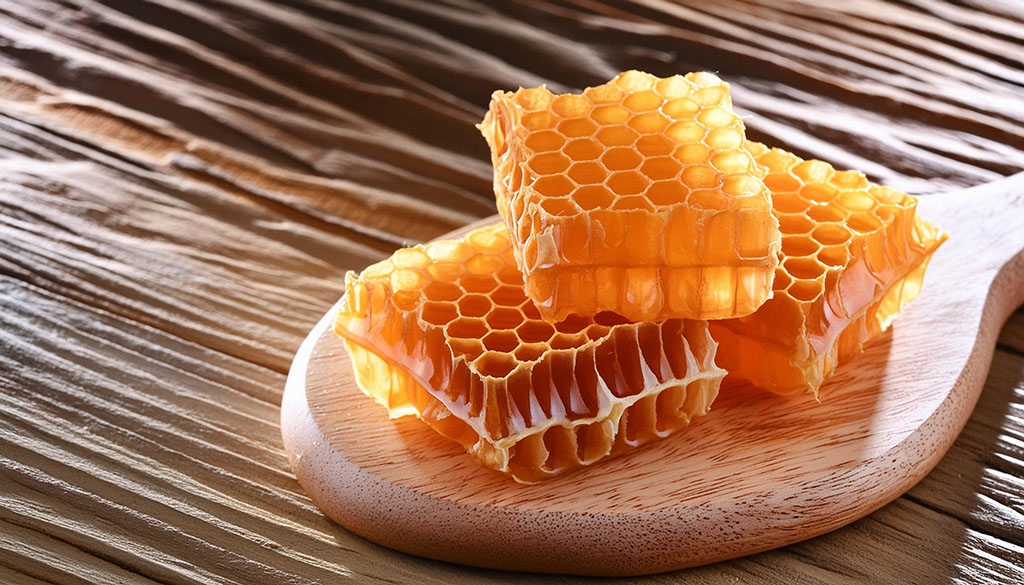Chrysin, a naturally occurring flavone found in several plants such as passionflower, honeycomb, and propolis, has garnered attention in recent years for its potential benefits, especially for men over the age of 40. This compound has been studied primarily for its antioxidant and anti-inflammatory properties, as well as its potential role in hormone modulation, particularly testosterone. Understanding these benefits is crucial for appreciating how chrysin might support men’s health as they age.
One of the primary areas of interest regarding chrysin is its antioxidant activity. Antioxidants play a crucial role in neutralizing free radicals, unstable molecules that can damage cells and contribute to aging and various diseases. As men age, their antioxidant defense mechanisms may weaken, making them more vulnerable to oxidative stress. Chrysin, with its antioxidant properties, can potentially help mitigate this oxidative damage, thereby supporting overall health and vitality in older men.
Moreover, chrysin has shown promise in modulating inflammation. Chronic inflammation is increasingly recognized as a contributor to many age-related diseases, including cardiovascular disease, arthritis, and neurodegenerative disorders. By reducing inflammatory markers, chrysin may help lower the risk of these conditions, promoting better long-term health outcomes for men over 40.
Another significant area of research involves chrysin’s impact on hormone levels, particularly testosterone. Testosterone is crucial for maintaining muscle mass, bone density, libido, and overall energy levels in men. As men age, testosterone levels typically decline, leading to symptoms such as reduced muscle mass, increased body fat, decreased libido, and fatigue. While chrysin itself is not a testosterone booster per se, some studies suggest it may inhibit the conversion of testosterone into estrogen by inhibiting aromatase activity. By preserving testosterone levels, chrysin may help mitigate some of the symptoms associated with age-related testosterone decline.
In addition to these physiological benefits, chrysin has also been studied for its potential role in supporting mental health. Some research suggests that chrysin may have neuroprotective properties, potentially enhancing cognitive function and protecting against age-related cognitive decline. This aspect is particularly relevant as maintaining mental sharpness and cognitive function becomes increasingly important with age.
Chrysin offers a range of potential benefits for men over 40, from its antioxidant and anti-inflammatory properties to its possible role in hormone modulation and cognitive support. By supporting overall health and addressing specific concerns associated with aging, chrysin may contribute to enhanced quality of life and well-being in aging men. Continued research into chrysin’s effects will help clarify its full potential and establish clear guidelines for its use in promoting men’s health beyond 40.
